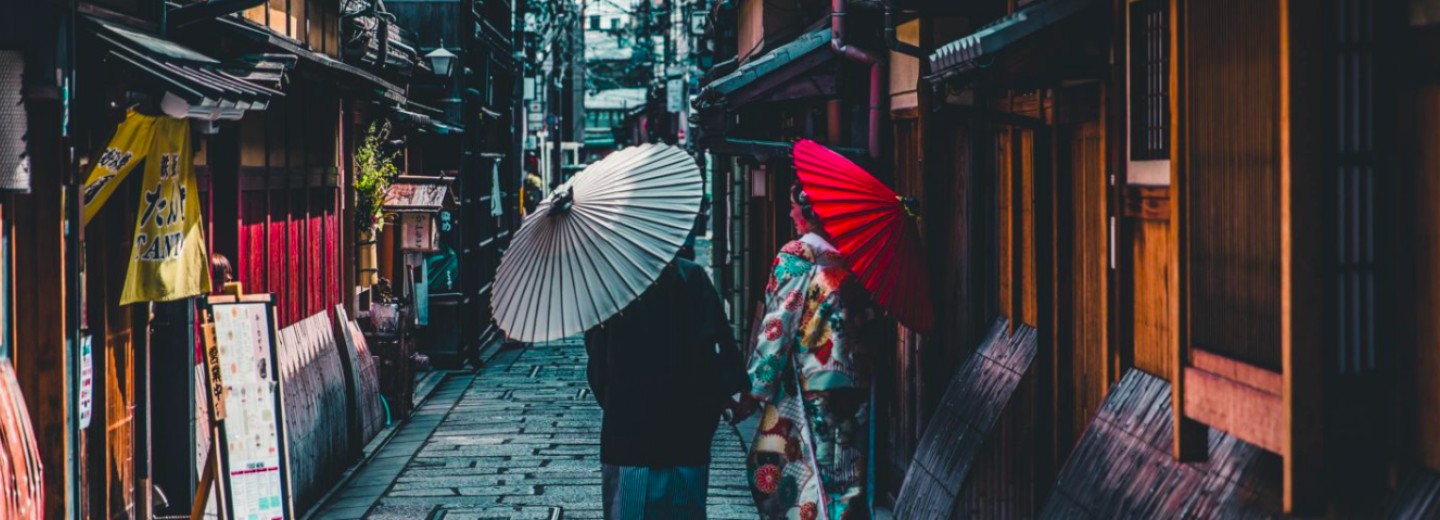China news 7th September 2020
Will Japanese companies leave China after COVID-19?
There are reports that the Japanese government has prepared a large budget to help Japanese companies withdraw from China and return to Japan or go to a third country. This is a question that everyone is concerned about, but you must be careful when answering this question, otherwise it is easy to mislead readers.
Here, we first need to review the history of China and Japan. From the 19th century to the 20th century, China and Japan went through a detour that they should not have taken. After the 1980s, China and Japan set aside chaos and began to seek normalization of relations, which is the promotion of China-Japan friendship.
After the diplomatic relations between China and Japan, Japanese film and television works continued to be released in China, and Japanese companies invested heavily in China. The distance between Chinese and Japanese was gradually getting closer. Now millions of Chinese tourists travel to Japan every year.

Almost all the Chinese who travel to Japan for the first time get their first impression of Japan is ‘why no one throws trash on the streets of Japan’? Most Chinese people are surprised by the cleanliness of Japanese streets. Quite a few Chinese people have changed their impression of Japan.
The purpose of corporate investment is to pursue profit. I believe that Japanese companies investing in China are not just giving economic assistance to China. For Japanese companies, China’s cheap labour, improved transportation infrastructure, from energy shortages to no power outages – all these are important parameters for attracting Japanese companies to invest in China.
If an enterprise invests in China only to reduce costs and use China’s cheap labour to manufacture cheap products and commodities, the return on investment in China is gradually shrinking. China’s labour costs are rising rapidly with economic development. We cannot imagine that China’s economy has developed without increasing labour costs.
But if we look closely at the investment of Japanese companies in China, we can find that in addition to Japanese companies that use China as a base for export production and processing, more companies are targeting the Chinese market. This is because, as China’s labour costs increase, the purchasing power of Chinese households is constantly improving. Thus the Chinese market is gradually replacing cheap labour costs as the most important parameter for attracting foreign investment.
For example, China’s automobile market has become the world’s largest consumer market. It is said that in the 1980s, China had just started to open its auto market. The Chinese government intended to invite Toyota Motor to take the lead in investing in China. However, Toyota’s upper management considered that the Chinese market was far from mature and declined the Chinese government’s goodwill. Toyota’s decision certainly has its own rationality, but today China has become one of Toyota’s most important markets.

Source: zh.cn.nikkei.com.
Living too tight to save food
In another view from Japan, the writer comments on the current drive to reduce food waste in China.
Over the past few months, the national economy has been seriously dragged down. Because of this, at the People’s Congress held in May, Premier Li Keqiang solemnly called on local governments and party members to live a tight life. For decades, the lives of the Chinese people have been improving with the development of the economy, and now they suddenly call on everyone to live a tight life.
I believe many people have no idea.
The Yangtze River basin is a land of fish and rice. It has been hit by long-term floods. It is not difficult to imagine that the next disaster will be a food supply problem. Therefore, the central government has recently called on everyone to save food.

If we simply check the annual statistics and related reports, we can find that no matter what difficulties we encounter, China’s grain production has achieved a bumper harvest every year, and there is not one year’s failure. Of course, no matter how big the harvest is, we should not waste food. Elderly people know that during the Cultural Revolution, there was a well-known saying “Waste is a great crime.”
So specifically, who is wasting?
Every time I go back to China for business, I have to eat out at a restaurant. I can see people’s dining tables every time, and the level of waste is unsightly. The most serious waste in China was public money eating and drinking. The first is not using one’s own money, and the second is lack of supervision by the masses, so the phenomenon of waste has not been corrected.
But having said that, the anti-corruption shockwaves over the years have played a role in deterring officials’ misuse of public funds. Compared with the past, when returning to China on business trips, there is basically no sign of lavish eating and drinking. Several times I went to the hotel for dinner with my parents and asked if there was shark fin? The waiter said that he would not do high-end dishes such as abalone now because there were very few people ordering them.
So why call for a tight life to save food?
I believe the main reason is that the economy has encountered great difficulties, and the degree of difficulty is much more serious than the statistics show. But saving should not only be a measure in difficult times, saving and not wasting should be the norm.
Just imagine if the food problem is solved next year, should being careful become a thing of the past?
Source: zh.cn.nikkei.com.
Worked on the article:

Wanlikhang





